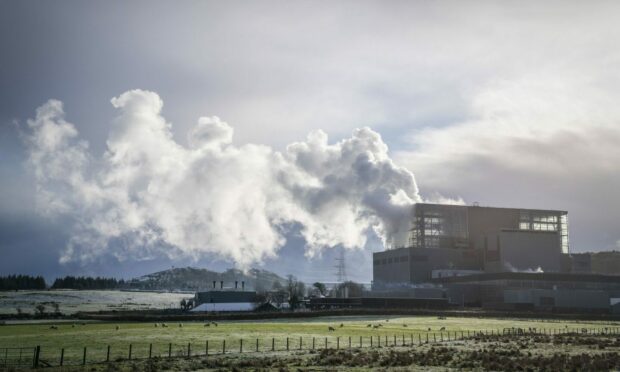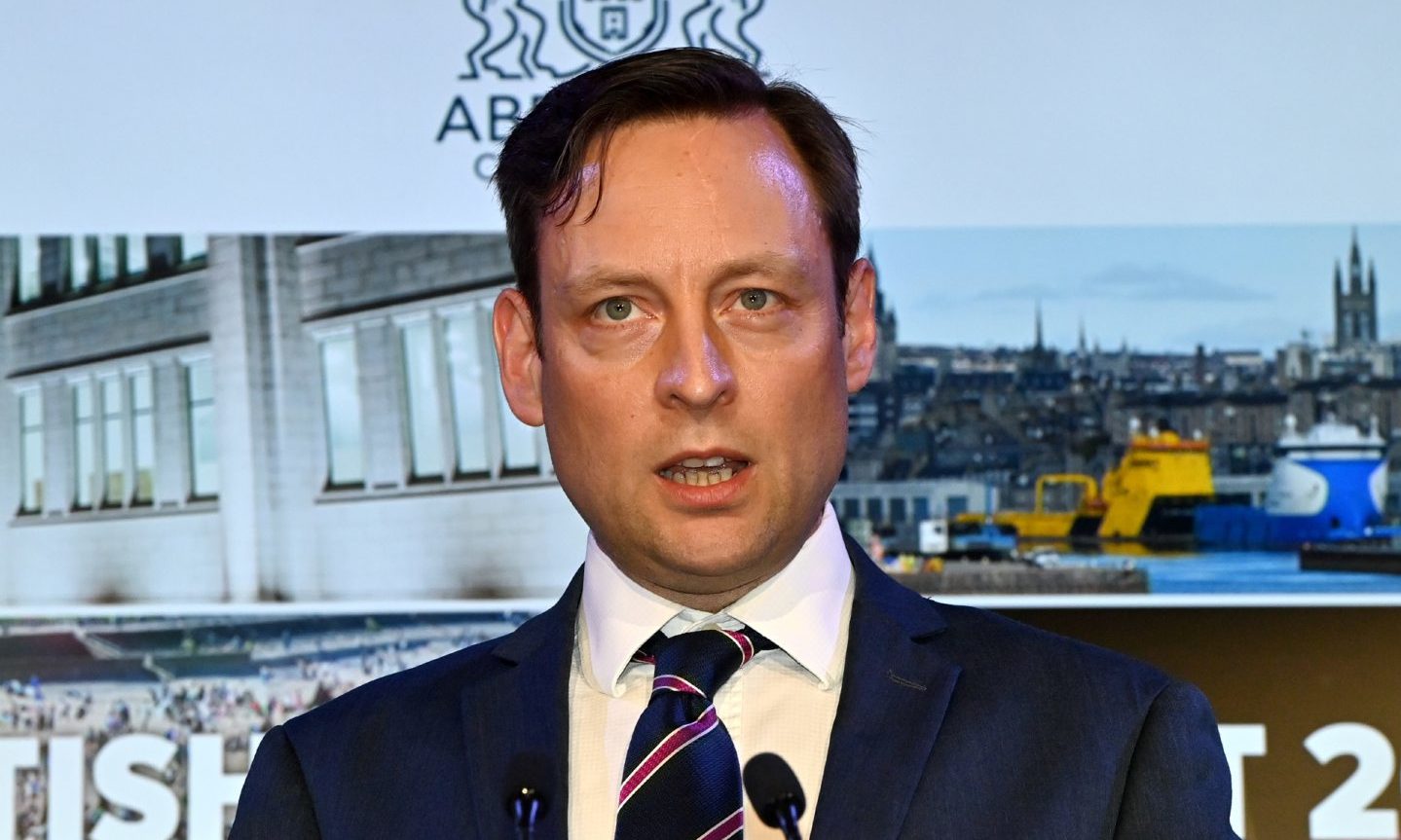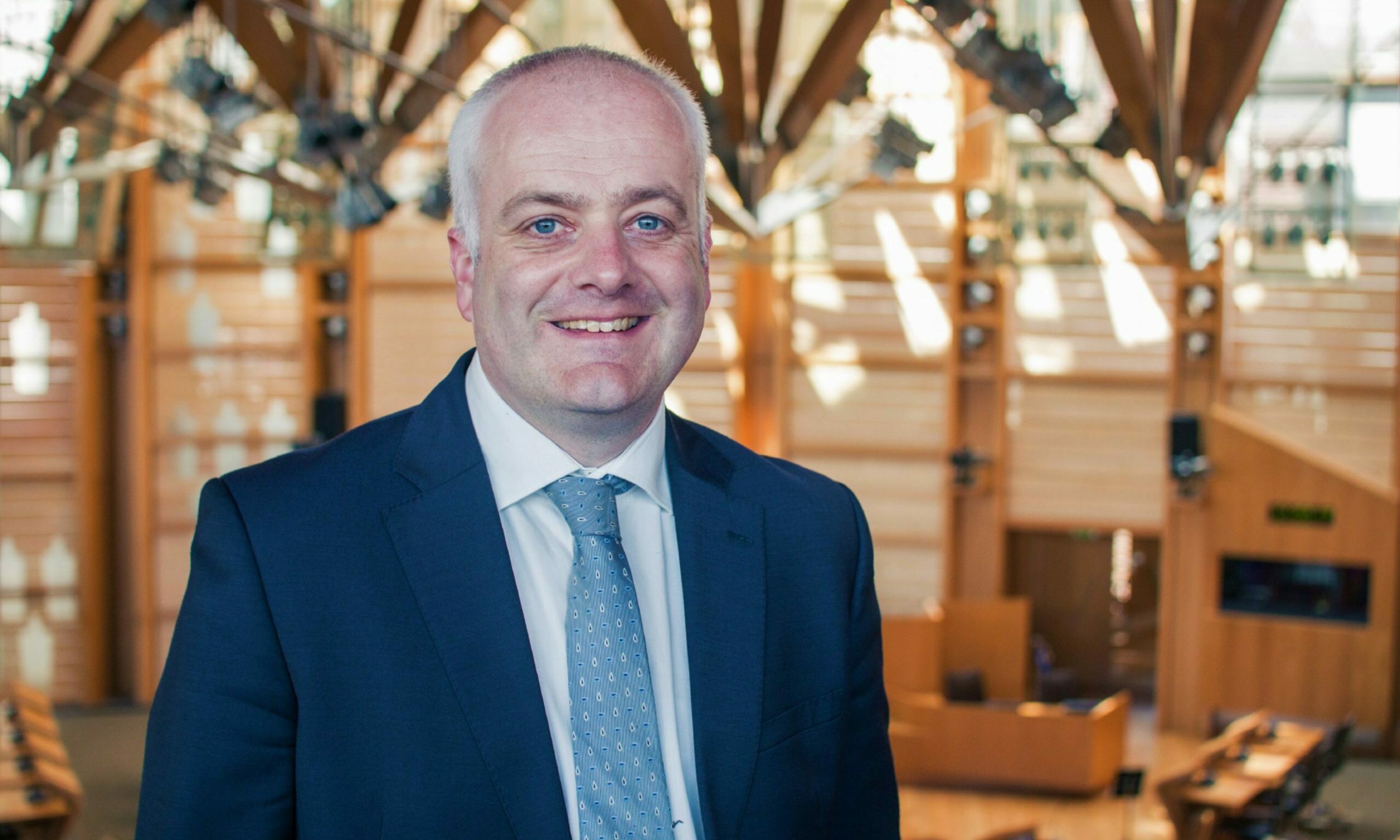Conservatives are pushing for a new generation of small-scale nuclear power stations to dramatically change the energy mix in Scotland.
The party says its policy on controversial nuclear power is being sharpened because of war in Ukraine, climate concerns and a wider energy crisis.
But it will infuriate campaigners who say renewable energy is the best way to be self sufficient and clean up the environment.
Scottish Tory leader Douglas Ross, pushing the plan at his party conference in Aberdeen over March 18-19, will also have to overturn long-standing SNP opposition to new nuclear.
North-east MSP Liam Kerr said it offers a “triple win” for energy security.
“Not only will it strengthen our energy security, it will help us to reach net zero and bring vital jobs and investment to the country,” he said.
What is the future for nuclear?
Torness power station is the country’s only remaining plant and is due to be shut for good in 2028. Hunterston B was closed permanently in January.
The Tories have repeatedly called for the SNP to back nuclear along with more domestic oil and gas production despite pressure to cut down on fossil fuels.
They also want the government to start using small modular reactors, around one-tenth the size of a normal one.
It is claimed these could help power up to one million homes in Scotland and could be constructed in just five years.
The technology has been backed by the Tories at Westminster, with cabinet secretary Kwasi Kwarteng describing it as a “once in a lifetime opportunity”.
How do modular reactors work?
Manufacturer Rolls-Royce says a small modular reactor power station would use existing knowledge to build on a smaller scale and decarbonise the UK energy market.
The company says reactors can be assembled in factories and about 80% could be delivered by a UK supply chain.
Reactors would occupy the footprint of two football pitches.
The UK Government is already investing more than £200 million into small nuclear reactor research.
Nicola Sturgeon’s SNP and the Greens remain steadfast in their opposition to increased nuclear power and believe it is poor value for money.
The Scottish Government is able to effectively veto new nuclear from the UK Government because planning law is held at Holyrood.
Focus on renewables
A Scottish Government spokesperson said: “We believe that significant growth in renewables, storage, hydrogen and carbon capture provides the best pathway to net zero by 2045.
“New nuclear power will take years, if not decades, to become operational and will also be expensive – pushing up household bills.
“The transition to net zero will offer many new opportunities for highly skilled, well paid jobs across the energy sector for industry experts, apprentices and graduates.”
Greens energy spokesman Mark Ruskell said nuclear is expensive and consumers would shoulder the extra costs.
He added: “Nuclear power generates a legacy of toxic waste to pass on to future generations.”
Friends of the Earth’s Scotland director Dr Richard Dixon said: “It beggars belief that people would respond to a crisis of energy affordability and security by advocating for new nuclear energy.
“Nuclear is eye-wateringly expensive, takes decades to deliver and leaves a toxic legacy of radioactive waste for thousands of generations to come.”
How France turned to nuclear
France has long been reliant on nuclear power while neighbour Germany has remained the largest voice in Europe opposed to opening new plants.
French president Emmanuel Macron promised to build potentially dozens of reactors in the next few decades to avoid depending on Russia for their energy security.
But building them could prove costly with recent projects being delayed and running over budget.
Operator EDF estimated in 2019 it would cost £38 billion to build six large reactors there.
Nuclear power is responsible for the majority of energy production in France, but former leader Francois Hollande had wanted to limit this to 50%.
Germany has long been reliant on Russian gas to keep prices low but recently ruled out pursuing new nuclear projects.
Earlier this year EU plans to allow nuclear energy to remain as part of their path towards lowering emissions sparked fury among environmentalists.


